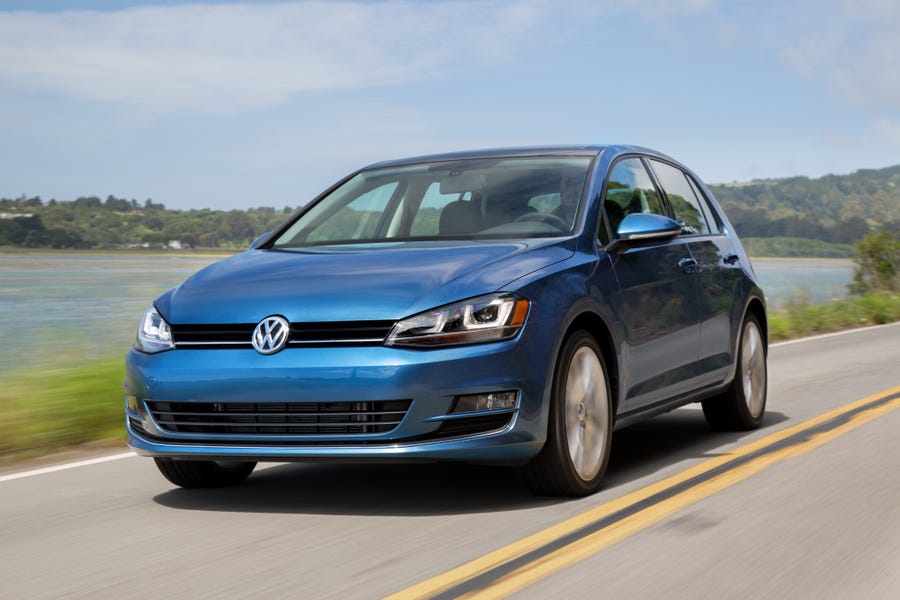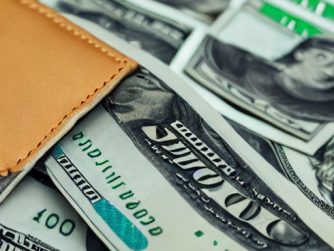
You might remember that, back in 2016, the FTC sued and then settled with Volkswagen and Porsche over their multi-million dollar “clean diesel” marketing campaigns. The problem? The VWs, Audis, and Porsches they said were “clean” actually had an illegal device to let the cars pass emissions tests. Not so clean, after all. The settlement that the FTC attorneys negotiated – along with the private bar – got Volkswagen and Porsche to agree to pay up to $10 billion to replace or repair the more than 550,000 cars affected. That meant the full retail price of those cars – plus repaying people for things including their time, and taxes, and registration fees.
Today, the FTC’s final report went to the court, explaining what happened in the program – what they call redress. It is, as the report says, “…one of the most successful consumer redress programs in history.” The numbers make that clear: these companies wound up paying people who owned or leased these cars $9.5 billion. (Billion, with a B). And 86% of U.S. car owners/lessees who were eligible for a buyback, and who went through the claims program, chose not to repair their car. Instead, they opted to have defendants buy back their car (or they terminated their leases early).
Anytime the FTC brings a case, their goal is to try to get money back to people. Sometimes they succeed – and sometimes, as in this case, they can make people whole again. Of course, their partners in other agencies worked with them to get billions back for environmental relief.
Originally by Jonathan Cohen, Senior Attorney, Division of Enforcement, FTC






